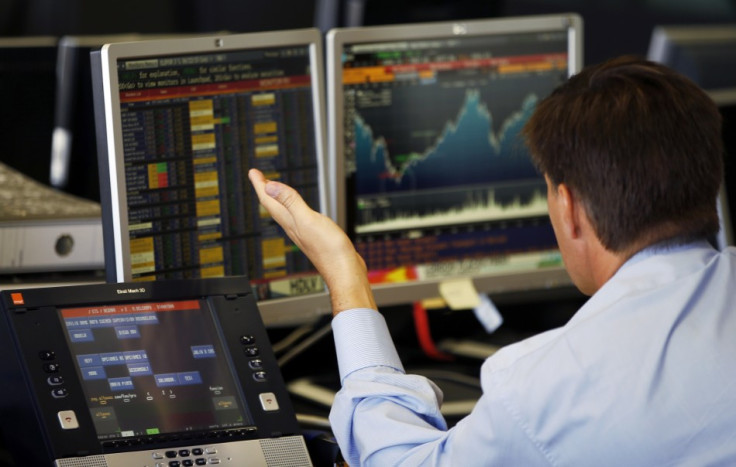US Jobs Data Fails to Spark European Markets as Economic Data Disappoints

European shares struggled to build on the early-week rally after weak UK economic data, faster Eurzone inflation and mixed employment figures from the United States kept investors on the sidelines.
Britain's benchmark FTSE 100 was holding onto a modest gain of 0.43 percent, taking the index to 6.068.18, by the time US stocks began trading on Wall Street at 1430 London time. The Europe wide FTSE Eurofirst 300 was little changed from Thursday at 1,163.5.
US stocks were similarly muted at the open, with the Dow Jones Industrial Average rising just 8.5 points, or 0.06 percent, to 13,399.98 in the first minutes of trading. The broader S&P 500 and the tech heavy Nasdaq were both little changed at 1,460.11 and 3,101.35 respectively.
US employers added 155,000 new jobs last month, the Labor Department said in its latest Employment Report, a figure broadly in-line with market expectations and only modestly lower than the revised 161,000 recorded in the previous month. The nation's headline unemployment rate held steady at 7.8 percent after the four-year low of 7.7 percent in November was revised. The Labor Force Participation Rate was unchanged at 63.6 percent.
The jobs figures loom large for investors now that Federal Reserve Chairman Ben Bernanke said he would use the reading to gauge how and when he and his colleagues on the Open Markets Committee will being to remove the many trillions of dollars in stimulus they have injected into the US economy.
The US dollar rose sharply overnight after Minutes from the Fed's December meeting suggests FOMC members might being to pull back some of that stimulus by the end of this year, some 12 months earlier than anticipated, if the economy continues to improve. The US dollar index, a weighted measure of the US dollar against a basket of currencies of its biggest trading partners, hit a six-week high of 80.735 in European trading hours.
Japan's currency has fallen the most against the US dollar in more than twenty years over the past five days as investors prepare for a new onslaught from the country's central bank to stoke inflation and ignite growth in the world's third largest economy. The yen fell a further 1 percent Friday to trade at 88.12 for each US dollar, the lowest level in nearly 2 and a half years, taking nearly 3 percent from the yen's value over the past five days.
Gold also hit a four-week low of $1633 per ounce as the dollar strengthened on foreign exchange markets.
Britain's economy could be flirting with a so-called triple dip recession if the latest figures from its dominant services sector are a true indication of economic growth.
The sector, which makes up around 75 percent of UK GDP, slipped into contraction last month for the first time in two years, according to data provider Markit. The figures, when matched with three-month readings for manufacturing and construction, suggest the economy may shrink as much as 0.2 percent in final quarter of 2012 and struggle to gain momentum in the first half of this year.
Benchmark UK Gilt yields hit an 8-month high of 2.139 percent and traded higher than comparable yields for French government bonds for the first time in 20 months.
In Europe, consumer prices rose at a faster-than-expected pace of 2.2 percent last month, Eurostat reported, even as the Eurozone economy continues to contract. Energy prices led the way, rising at a 5.2 percent clip, while prices for food, alcohol and tobacco rose by 3.1 percent.
© Copyright IBTimes 2025. All rights reserved.





















